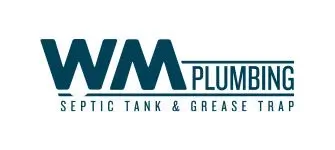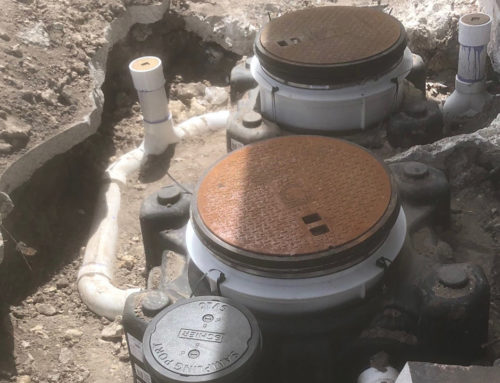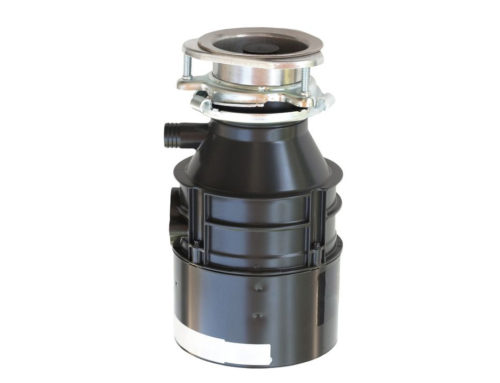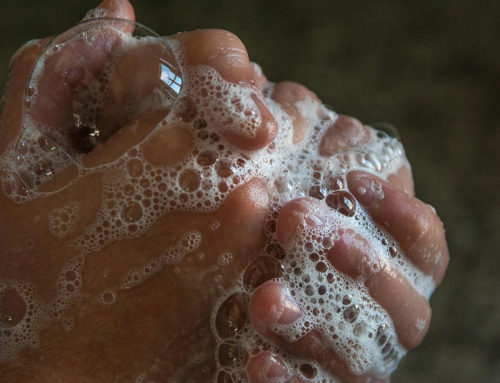Are Long Showers Bad for Septic Systems?

The primary concern with long showers and septic systems is the amount of water that enters the system. Proper septic system maintenance is crucial for its efficient functioning, and long showers can play a role in affecting its performance. Septic tanks have limited capacity, and when excessive water flows into the tank too quickly, it can lead to several problems:
- Reduced Treatment Time: Septic tanks are designed to separate solid waste from the liquid effluent. Bacteria in the tank break down the solids over time, but when the inflow of water is high, the retention time decreases. As a result, solids have less time to settle and can carry over into the drainfield, leading to clogging and potential system failure.
- Less Effective Treatment: Proper treatment in the septic tank requires the separation of different layers of effluent. Heavy water inflow from extended showers can disturb this process, causing untreated waste to flow into the drainfield, increasing the risk of contamination.
- Hydraulic Overloading: Long showers and other high-water usage activities can overload the system hydraulically. If the septic tank fills too quickly, the excess water may not have adequate time to percolate through the soil in the drainfield. This can lead to surfacing of untreated effluent, causing foul odors and potential health hazards.
- Nutrient Imbalance: Excessive water entering the septic tank can disrupt the microbial balance, reducing the effectiveness of the biological treatment process. This imbalance can cause more nutrients like nitrogen and phosphorus to enter the drainfield, which can negatively impact the soil and nearby water bodies.
- Increased Maintenance Frequency: A septic system subjected to consistent hydraulic overload may require more frequent pump-outs and maintenance to prevent malfunctions and ensure proper functioning. This increased maintenance can be costly and inconvenient for homeowners.
Will Long Showers Ruin a Septic Tank?
It depends.
Standard septic tanks range from roughly 750-1250 gallons. Standard shower heads use 2.5 gallons per minute, which means it would take 5-8 hours of continuous showering to fill it up all the way. That being said, your septic tank probably isn’t empty right now, and any debris present in the system can seriously affect the water flow. So if you have multiple family members taking showers back to back, your drain field, leach field, or septic tank could easily overrun. It’s not particularly dangerous for your system, but it can do long-term damage, and it probably won’t be very pleasant!
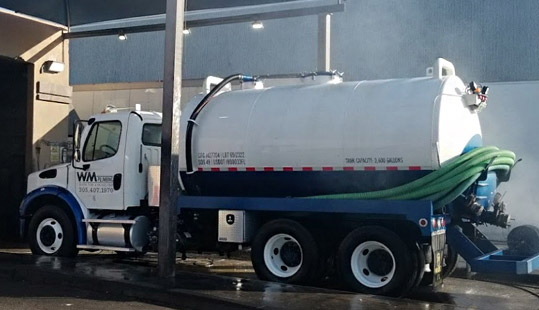
What Else Can Ruin a Septic System?
1. Flushing the Wrong Things
Non-biodegradable or slow-degrading materials can clog pipes and overwhelm the septic system.
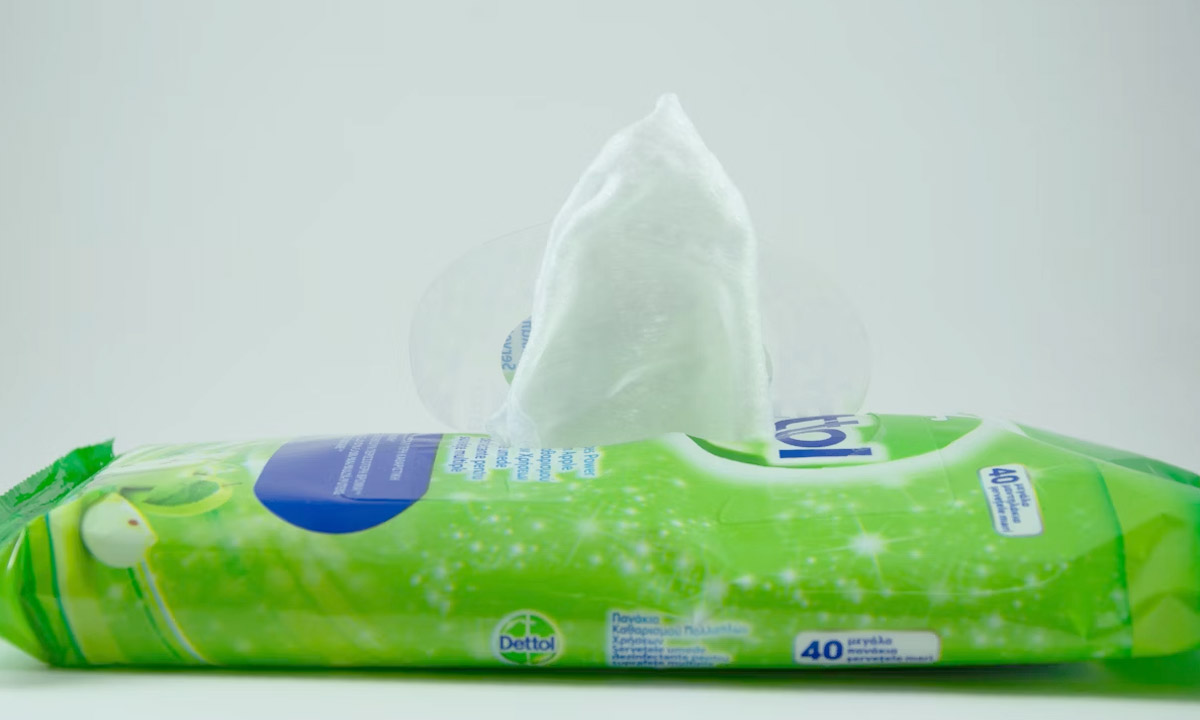
Things to never flush:
- Wipes (even “flushable” ones)
- Feminine hygiene products
- Paper towels or tissues
- Dental floss
- Condoms
- Diapers
- Cat litter
- Cigarette butts
- Grease, fat, or oil
2. Harsh Chemicals
Disinfectants, drain cleaners, and other household chemicals can kill the bacteria in your septic tank that are essential for breaking down waste.
Avoid excessive use of:
- Bleach
- Ammonia
- Drain cleaners
- Paint or solvents
- Pesticides
- Motor oil or antifreeze
3. Excessive Water Usage
Too much water entering the system at once can flood the tank and drainfield, reducing treatment efficiency and potentially causing backups.
Causes of water overload:
- Running multiple loads of laundry in one day
- Leaky toilets or faucets
- Improperly routed roof drains or sump pumps into the system
4. Lack of Maintenance
Neglecting routine septic tank pumping allows solids to build up and overflow into the drainfield, which can lead to expensive failures.
Best practice: Pump every 3–5 years, depending on tank size and household usage.
5. Driving or Building Over the Tank or Drainfield
The weight from vehicles or construction can crush the tank or compact the drainfield soil, preventing proper wastewater absorption.
Avoid:
-
Parking cars or heavy equipment on the system
-
Installing decks, sheds, or patios above the tank or leach field
6. Tree Roots
Tree roots can infiltrate pipes or the tank itself, causing clogs, leaks, or structural damage.
Trees to watch out for:
- Willows
- Maples
- Elms
- Poplars
7. Garbage Disposals
Using a garbage disposal regularly can increase the amount of solids in your tank, requiring more frequent pumping and risking clogs.
8. Improper System Design or Installation
Poor design or incorrect installation can lead to early system failure, especially if the system is undersized or placed in poorly draining soil.
How to Improve Septic Tank Performance
To minimize the impact of long showers on septic systems, homeowners can adopt several water conservation strategies:
- Install Low-Flow Fixtures: Low-flow showerheads and faucets can significantly reduce water usage during showers and other household activities, easing the strain on the septic system. Dual flush toilets can also help.
- Space Out Water Use: Avoid multiple high-water usage activities occurring simultaneously. Spacing out laundry loads, dishwashing, and showers can help the septic system handle the water load more effectively.
- Educate Household Members: Encourage everyone in the household to be mindful of water usage. Simple actions like shorter showers and turning off the tap while brushing teeth can collectively make a difference.
- Repair Leaks: Address any leaks in plumbing fixtures promptly to prevent unnecessary water waste and reduce the overall burden on the septic system.
- Consider Greywater Systems: Implementing a separate greywater system can divert non-toilet wastewater (e.g., from showers and laundry) for alternative uses like irrigation, reducing the load on the septic system.
- Regularly Pump your Septic Systems: regular sewage pumping and system maintenance is the best way to avoid long term damage, period.
Long showers can have adverse effects on septic systems by increasing water inflow and disturbing the treatment process. Homeowners should be aware of their water usage habits and take measures to conserve water, thereby safeguarding the health and longevity of their septic systems. Regular maintenance and responsible water usage can ensure that septic systems function efficiently and protect the environment from potential contamination.
Further Reading
How to care for your septic system
8 Essential Tasks to Do Regularly for Septic Tank Maintenance
